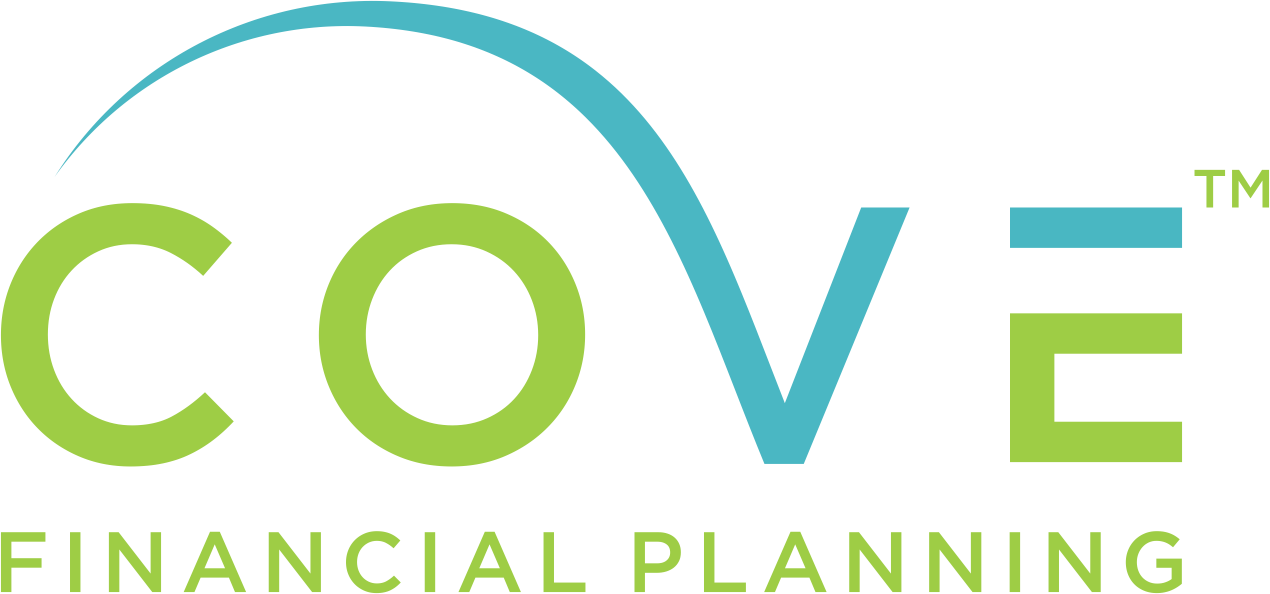The Benefits of 529 Plans
529 plans are a great way to save for your kids’, grandkids’ or other loved ones’ education expenses.
After preaching about them for years, I recently opened one up for my newborn daughter (she’ll thank me later…I hope).
Many states—including Wisconsin, Illinois and Minnesota—offer income-tax deductions on contributions made every year.
In addition, your 529 plan can grow tax-free and be withdrawn from tax-free when used for eligible education expenses. These expenses include student-loan repayment and K-12 private tuition.
The cherry on top of the 529-plan sundae is the new Roth IRA rollover provision.
Instead of being stuck with ordinary-income taxes and a 10% penalty, you can now rollover unused 529 plan funds into a Roth IRA for your child or grandchild to pre-fund their retirement account.
State-income-tax deductions
Many states offer tax deductions on contributions made into 529 plans every single year.
For example, Wisconsin, Illinois and Minnesota all offer tax deductions as follows:
Wisconsin: $5,000 per child
Equals nearly $400 in tax savings per child per year based on highest 7.65% income-tax rate
Illinois: $20,000 per family (across multiple children)
Equals nearly $1,000 in tax savings per family per year based on flat 4.95% income-tax rate
Minnesota: $3,000 per child
Equals nearly $300 in tax savings per child per year based on highest 9.85% income-tax rate
Tax-free growth and distributions
The investments in your 529 plan can grow tax-free and later be withdrawn tax-free when used for eligible education expense.
Investing early and often is almost always a prudent financial-planning strategy. A lot of families are pleasantly surprised at how quickly their 529 plans can grow in a diversified portfolio over their kids’ early years.
Eligible expenses
529 plans can be used for qualified education expenses for both college and K-12 private tuition.
These qualified expenses include:
Tuition and fees
Room and board
Books and supplies
Computers and software
Student loan repayment (up to $10,000)
529 plan to Roth IRA rollover rules
What happens if you don’t need the 529 plan (or perhaps the entire amount)? For example, the child may get a big scholarship or pursue a different educational and career path that doesn’t include a traditional college degree.
In any case, you could always change the beneficiary of the 529 plan to another family member.
In addition, you can now rollover unused 529 plan funds into a Roth IRA for the child. Keep in mind the following rules:
The 529 plan must have been open for at least 15 years
Subject to annual Roth IRA contribution limits ($7,000 for 2024)
Lifetime rollover limit of $35,000 per child
I’m a huge fan of 529 plans for their tax benefits, investment control and new withdrawal flexibility.
Some families supplement their college-savings strategy with taxable brokerage accounts, UGMA/UTMA custodian accounts and/or Coverdell Education Savings Accounts. Either way, you could save thousands of dollars in taxes by taking advantage of these accounts.
Do you have questions about 529 plans or college planning? Reach out to me at Ben@coveplanning.com or schedule a free consultation call.
Sign up for Cove’s Build Your Wealth Newsletter to stay informed with the latest personal finance insights!
Ben Smith is a fee-only financial advisor and CERTIFIED FINANCIAL PLANNER™ (CFP®) Professional with offices in Milwaukee, WI, Evanston, IL and Minneapolis, MN, serving clients virtually across the country. Cove Financial Planning provides comprehensive financial planning and investment management services to individuals and families, regardless of location, with a focus on Socially Responsible Investing (SRI).
Ben acts as a fiduciary for his clients. He does not sell financial products or take commissions. Simply put, he sits on your side of the table and always works in your best interest. Learn more how we can help you Do Well While Doing Good!
Disclaimer: This article is provided for general information and illustration purposes only. Nothing contained in the material constitutes tax advice, a recommendation for purchase or sale of any security, or investment advisory services. I encourage you to consult a financial planner, accountant, and/or legal counsel for advice specific to your situation. Reproduction of this material is prohibited without written permission from Ben Smith, and all rights are reserved. Read the full Disclaimer.

